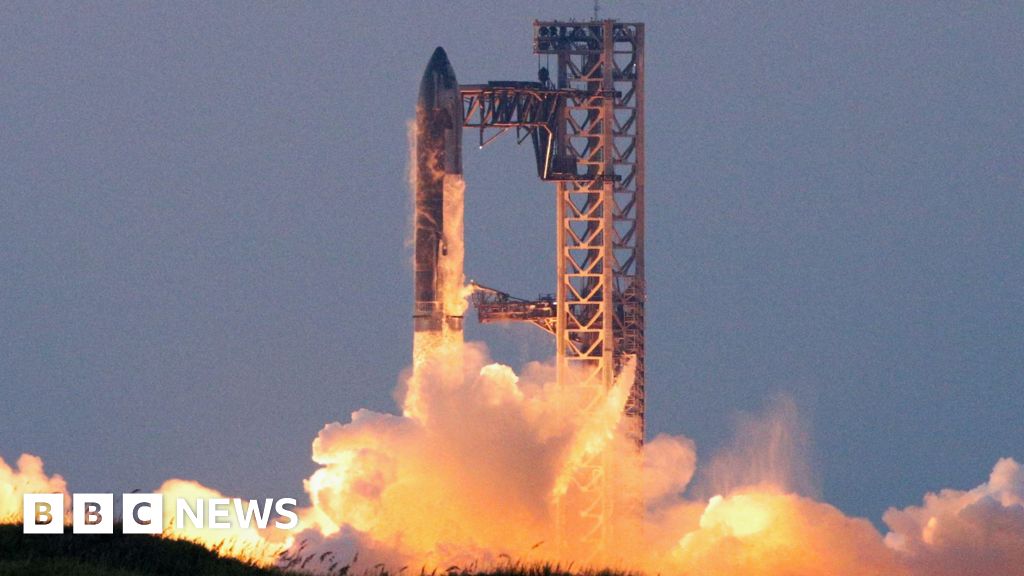Musk first raised the idea of a cost-cutting effort while hosting Trump on X this summer. The official name is a winking reference to a meme featuring a Shiba Inu dog, which then gave its name to the cryptocurrency Dogecoin, a favourite of Musk, which has seen its value soar since the election.
Prof Phelps says the name is “a nod to crypto deregulation being part of what they’ll do”.
But it is not clear how much of Musk’s talk of cutting might actually become reality.
For one thing, the new department will not have an official role, but provide “advice and guidance from outside government” according to the announcement.
Experts have also warned that cuts of the scale discussed could be enormously disruptive – and run into pushback in Congress – depending on how rapidly they are implemented.
Musk himself acknowledged the risks, saying Americans should be ready to stomach temporary hardship for long-run gain.
The way he has run his own firms may hint at what Americans can expect.
After his October 2022 takeover of the social media platform Twitter – which he branded as X – Musk introduced radical changes, including the reduction X’s workforce from around 8,000 to 1,500 in a matter of weeks.
“His idea of efficiency was to let a lot of people go,” says Alex Waddan, a professor of US politics at the University of Leicester.
Musk also loosened content moderation, stopped verifying accounts and welcomed users back to the platform who had been banned for violating its rules on hate speech and disinformation.
Among the users he reinstated was Trump, who had been banned following the Capitol riot in January 2021 after continuing to claim the 2020 election had been rigged against him.
Critics argue his changes have given prominence to hate-speech and misinformation – though Musk maintains the site is politically neutral.
The overhaul also prompted an exodus of advertisers, the main way the site has made money. Though Musk has introduced new ways to raise revenue, such as paid subscriptions, the company today is worth far less than the $44bn Musk paid for it just two years ago.
Musk’s record at his other big companies – Tesla and SpaceX – is stronger.
Among car companies, Tesla stands out for making electric vehicles at a large profit, thanks in part to streamlined operations. His rocket firm SpaceX is credited with enabling rocket launches at significantly lower cost.
“As a serial entrepreneur, Musk has been relentless in trying to improve institutional efficiency at his own enterprises,” Prof Gift says.
He adds that though Musk’s primary role will be “slashing through the thicket of red tape that is the US federal government”, his position will also give him influence in the new administration.
“While his role in the Department of Government Efficiency will be a more informal one, there’s no doubt that he’s got Trump’s ear – at least for the moment.”
(Except for the headline, this story has not been edited by PostX News and is published from a syndicated feed.)

